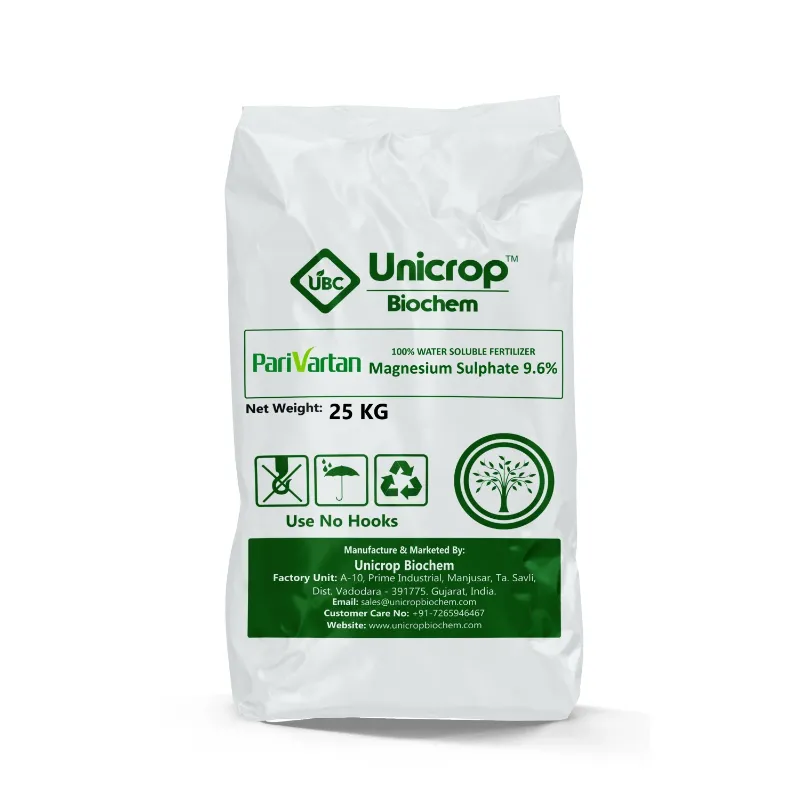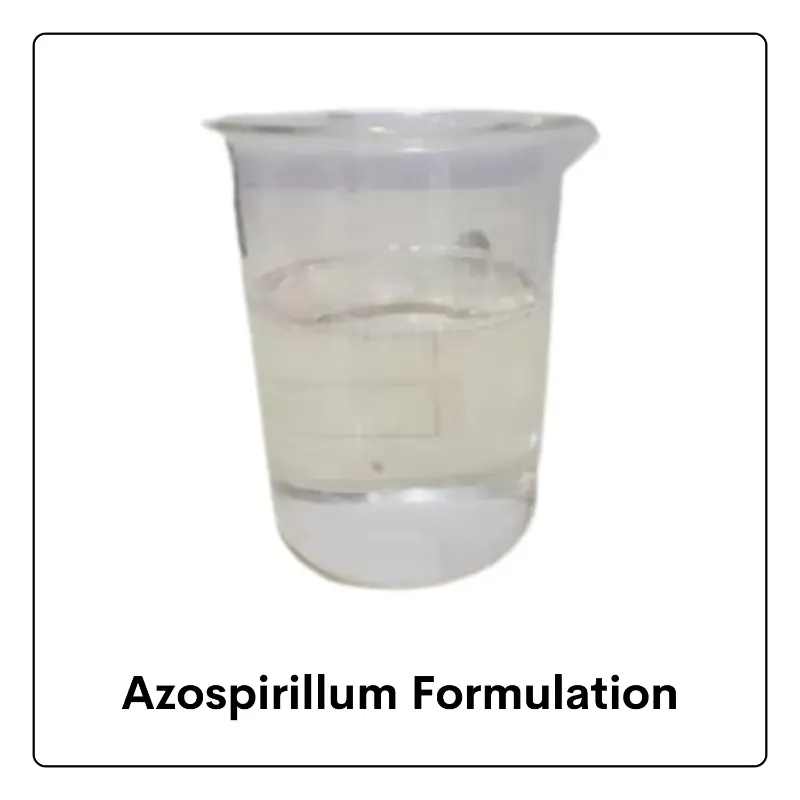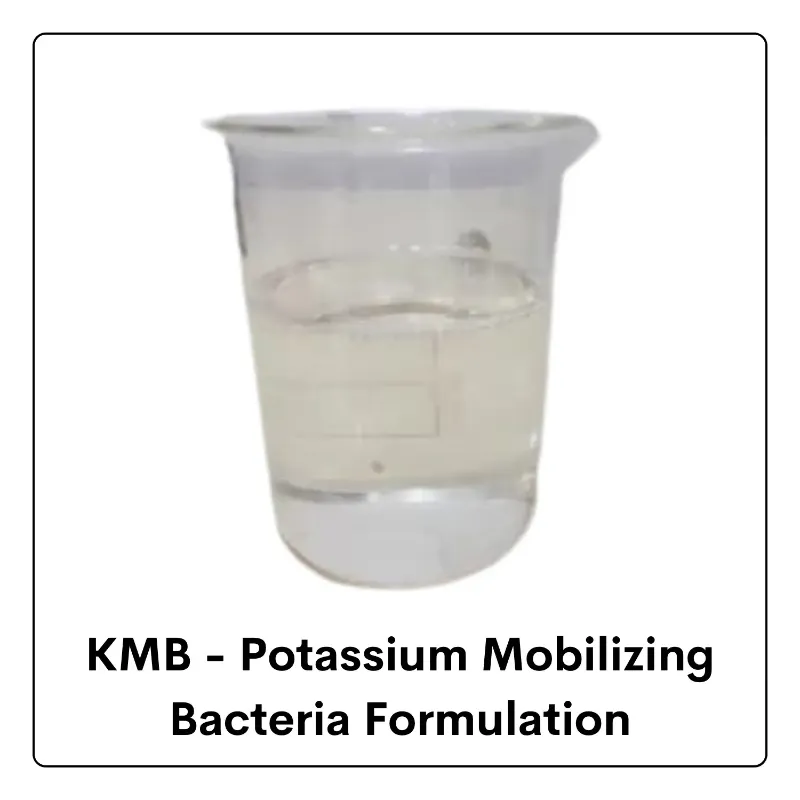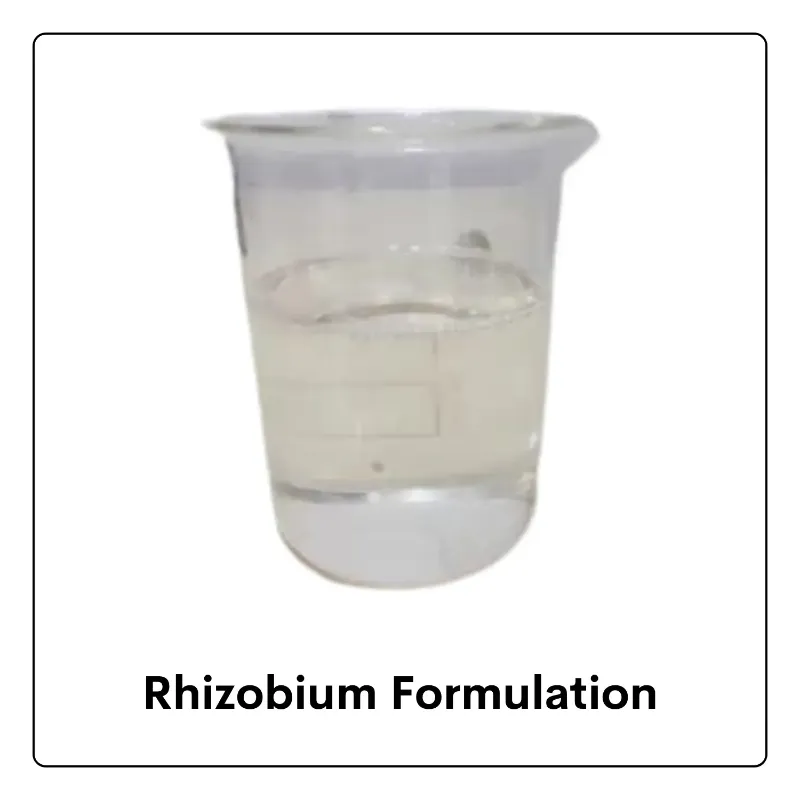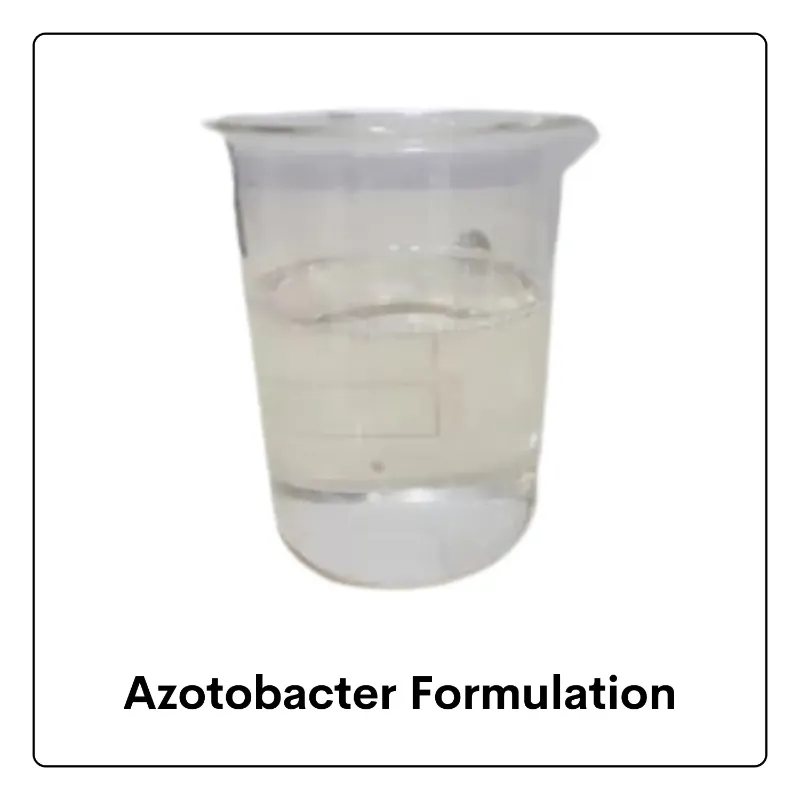Modern agriculture relies on fertilizers as they supply plants with the necessary nutrients for healthy growth and optimal yields. However, the extensive use of fertilizers in agriculture has sparked concerns about their environmental impact. In this blog post, we will delve into the primary environmental issues associated with fertilizer use and discuss their implications for sustainable agriculture.
Nutrient Runoff:
Nutrient runoff stands out as a primary environmental issue linked to fertilizer use. When farmers apply fertilizers to fields, rainwater or irrigation can wash off excess nutrients, such as nitrogen and phosphorus, from the soil surface into nearby water bodies. This runoff of nutrients can result in eutrophication, where the excessive nutrients stimulate algae growth, causing oxygen depletion and fostering harmful algal blooms that can harm aquatic ecosystems.
Groundwater Contamination:
Another environmental concern related to fertilizer use is groundwater contamination. Some fertilizers, particularly those containing nitrate compounds, can leach through the soil and contaminate groundwater sources. High levels of nitrates in drinking water pose health risks, particularly to infants and pregnant women, and can lead to methemoglobinemia, also known as blue baby syndrome.
Soil Degradation:
The overuse of fertilizers, especially synthetic fertilizers, can contribute to soil degradation and loss of soil fertility. Excessive fertilizer applications can lead to nutrient imbalances, soil acidification, and the accumulation of salts in the soil, adversely affecting soil structure, microbial activity, and overall soil health. Soil degradation can decrease crop productivity and increase the risk of erosion and desertification, posing long-term challenges for sustainable agriculture.
Greenhouse Gas Emissions:
Fertilizer production and application also contribute to greenhouse gas emissions, particularly nitrous oxide (N2O), a potent greenhouse gas that contributes to climate change. Nitrous oxide is released during the microbial processes of nitrification and denitrification in soil following fertilizer application, as well as during the production of nitrogen-based fertilizers. Mitigating these emissions requires optimizing fertilizer application rates and adopting alternative fertilization practices to minimize nitrogen losses.
Biodiversity Loss:
The use of fertilizers can also impact biodiversity by altering soil and aquatic ecosystems. Excessive nutrient runoff from agricultural fields can lead to the loss of biodiversity in freshwater ecosystems, affecting aquatic plants, fish, and other aquatic organisms. Additionally, nutrient pollution can disrupt natural habitats and contribute to the proliferation of invasive species, further threatening biodiversity.
Conclusion:
In conclusion, fertilizer use in agriculture is associated with several environmental issues, including nutrient runoff, groundwater contamination, soil degradation, greenhouse gas emissions, and biodiversity loss. Addressing these environmental challenges requires adopting sustainable fertilizer management practices, such as precision agriculture, nutrient management planning, and the use of organic fertilizers and soil amendments. By minimizing the environmental impact of fertilizer use, farmers can promote sustainable agriculture and protect natural ecosystems for future generations.
